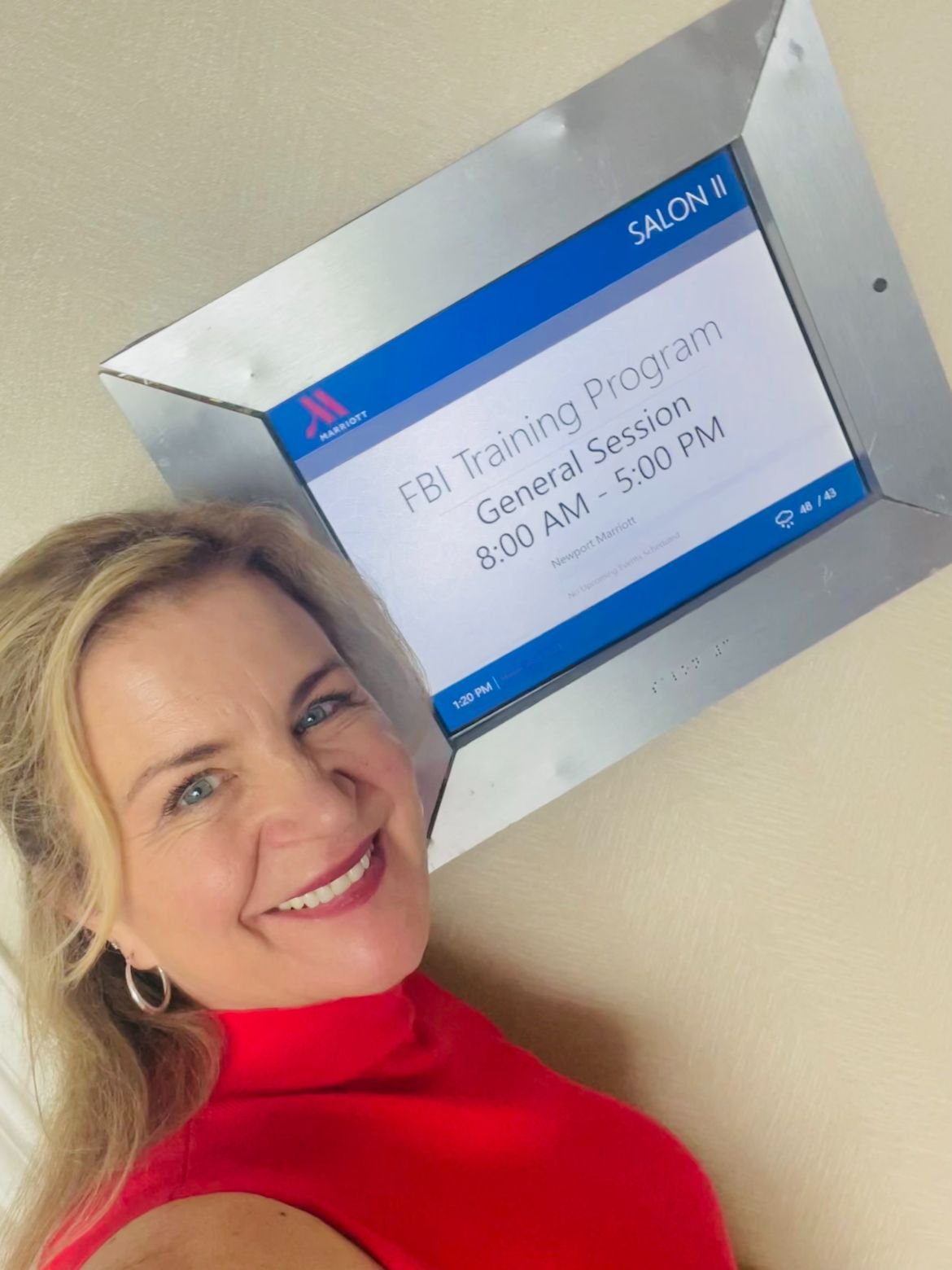“That old way of thinking—that’s gone”
Military Sleep Method
First Responder Stress Resilience Training System
Self-paced online training built for high-stress public safety environments
-

How to Survive 911 Dispatcher Stress
-

Behind the Call: Mental Wellness for 911 Dispatchers
-

Thriving Under Pressure: Advanced Stress Management for 9-1-1 Dispatchers
-

Enhancing Communications: Skills to Manage Dispatcher Stress
-

A Dispatcher's Guide to Real World Resilience
-

Mental Wellness in the Fire Service
-
Managing Cumulative Stress in Corrections
-

The Stress Reality of Modern Policing
Stress Management Instructor, Course Creater,Speaker
Eileen McKone
“Don’t know where you found her, but Eileen Mckone is a great instructor—one of the best classes I’ve had.
Lieutenant at North Shore PD. April 20, 2023.




